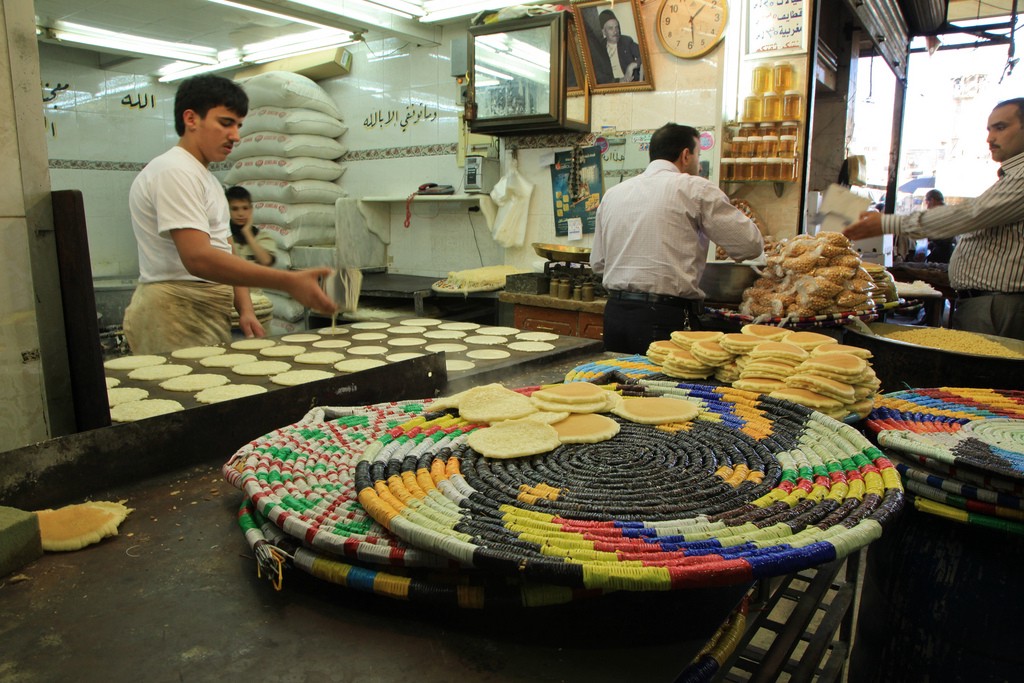“Hidden almost literally under the rubble of the civil war in Syria is an economic success story that is rarely told,” writes Pierre Krähenbühl, the head of the United Nations Relief and Works Agency, which supports more than 5 million Palestinian refugees.
Even as large businesses have collapsed in Syria and elsewhere, he says, “small-scale enterprises can survive and even thrive in the markets opening up at the grassroots.”
Krähenbühl’s group, which works with TOMS, Mercy Corps, the Bank of Palestine and other partners, disbursed $2 million in nearly 10,000 micro-loans in 2016 to Palestinian refugees inside of Syria. The loans are designed to help refugees rebuild their homes, open businesses and maintain stable incomes and move away from dependency on aid.
The six-year Syrian civil war has cost the country’s economy more than $250 billion and three million jobs and has pushed the unemployment rate in the country above 50 percent.
Business and political leaders met in Jordan earlier this month at the World Economic Forum on the Middle East and North Africa to discuss the role of entrepreneurship in building an inclusive economy in the war-torn region.











